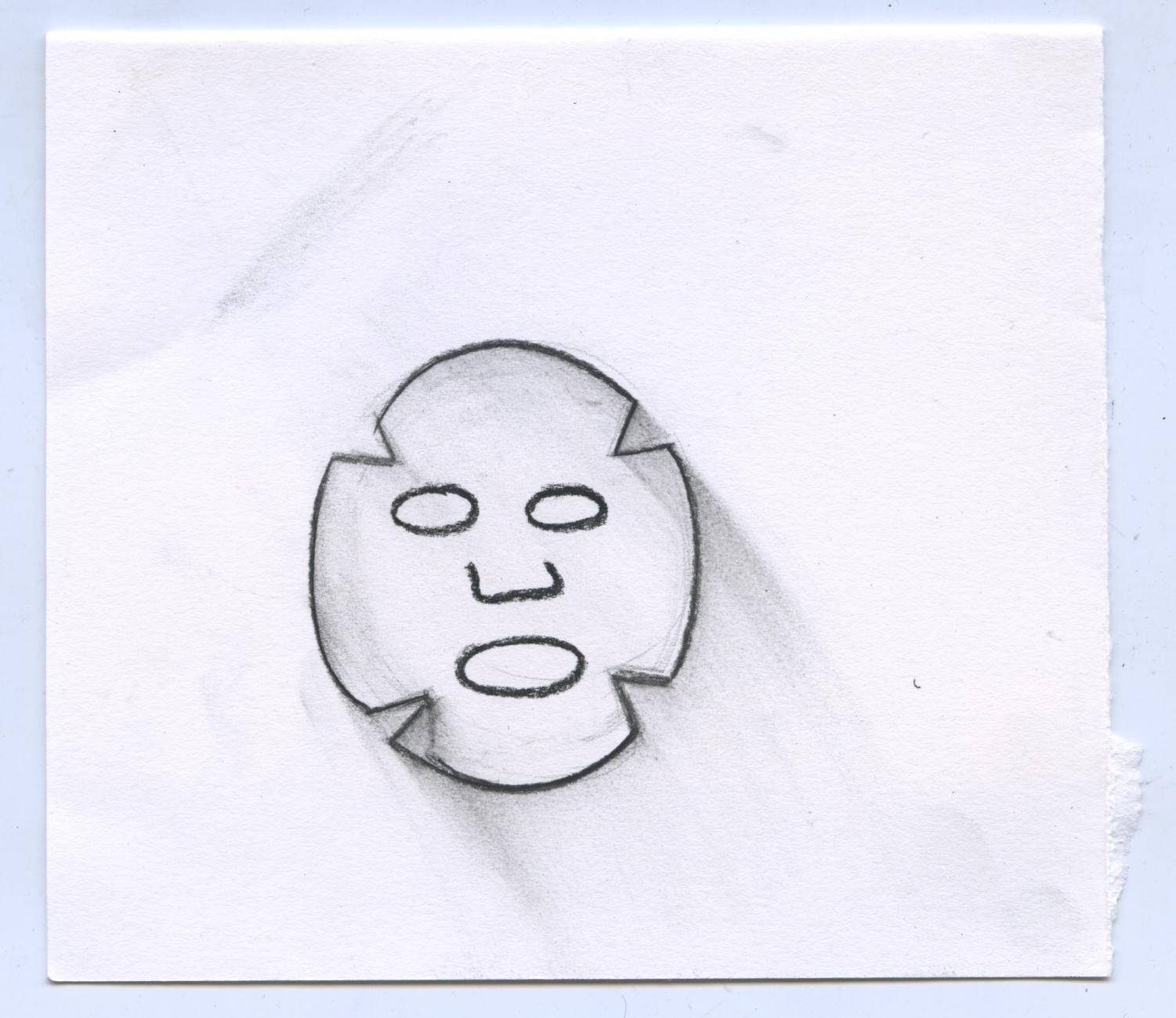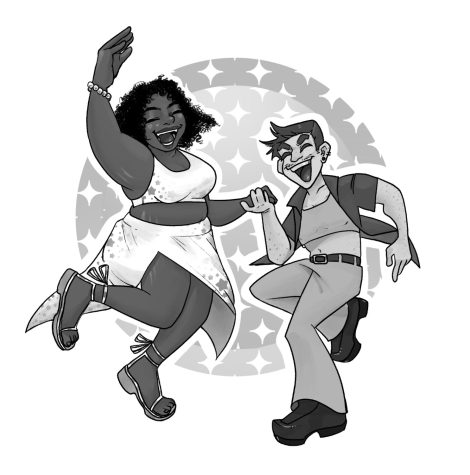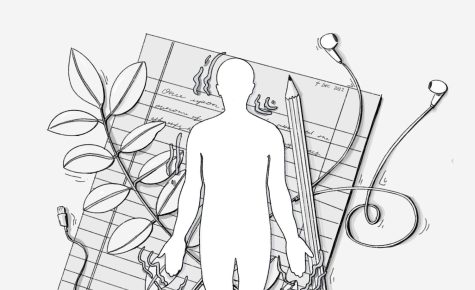Just a Face Mask?
April 5, 2018
Admittedly, I had reservations that the new Marvel movie, “Black Panther,” would be met with much discontent. However, what I saw on my Facebook page this weekend completely blew me out of the water. Before coming to the United States, the idea of white people adopting blackface in mockery of black lives and culture was far beyond me. The film “Dear White People” made me aware that this was actually real!
Nonetheless, I was assured that like many histories of other colleges, this was merely an unfortunate incident of the past which would not repeat itself. While I don’t think such an incident has resurfaced at Whitman, news of a group of students from Walla Walla University (WWU) taking a blackface picture has somewhat startled me.
The picture in question features a group of five students, four of whom are wearing what seems to be a black face-cleansing mask with the Walla Walla University and Wakanda filters along with the hashtag “#prettyhurts.” The picture and those in it came under attack and scrutiny after it was posted on one of the students’ Snapchat account. The university has since launched an investigation into the incident and “condemns this behavior and the content of the racist social media post in the strongest possible terms.”

At the same time, as with almost all photos of this nature, there were commentators praising the picture and arguing that it was merely a face mask. In fact, the picture instigated some rather heated conversations on the “My Columbia Basin” Facebook page, with people outraged at the controversy that the post was causing. Additionally, many saw the accusations as another opportunity that people were using to play the “race card.”
At the end of reading through the comments, I was puzzled as to how someone could not see that this was indeed a black face picture and that it would, without a doubt, offend many. For those who don’t know, Wakanda is the name of the country in which “Black Panther” is set. The inclusion of the “Wakanda” filter should not be taken lightly in this judgement. I find it hard to believe that it was a mere coincidence that these students chose to include all of this in their picture.
Given the political and racial climate in the United States, we should think critically about this. Putting this off as an expression of these students’ love for the film is not enough, in my opinion. In fact, if these students really loved this film and the message which it was sending, they would have refrained from posting such a picture. We are not talking about 10 year-olds here. We are talking of college students whose racial background has endowed them with a considerable amount of privilege in this country.
If we really want to use ignorance as an excuse for the post, well, perhaps we ought to explore the origins of this ignorance. Let’s actually talk about race and the implications of being non-white in this country. Let’s talk about the structural and systematic abuse endured by people of color in the land of the free. Let’s talk about the reason why there is a need for the word Wakanda in the first place. Let’s have these discussions.
Conflating blackface with a face mask is ridiculous if you ask me and is a poor excuse for what these students did. Of course, not every case of a white person putting on a black face mask is an example of blackface. The difference is determined based on the context of the situation. Blackface, historically, has been used as a way of perpetuating the stereotype of the “stupid black person.” Popular blackface characters that come to mind include Mammy, Jim Crow, Buck, etc. It was a way for white people to take pride in their privilege by revelling in the embarrassment of blacks.
To say the picture was these students standing in favor of black culture and in allyship of black people is a very narrow way of thinking and neglects the history and the lived experiences of many African Americans in the United States today. This was a very ineffective and, if anything, disrespectful way of showing solidarity to black liberation.
To this extent, the picture was an obvious case of blackface. Whether or not it was intended to have that impact on people, it has, and that’s the important part that needs to be realized. Oftentimes, people tend to argue that cases having to do with race or racism aren’t intentionally meant to be racist. However, racism all comes down to the power dynamic. Hence, the intentions, while relevant, aren’t very important. This act was racist and ought to be called as such.
Instead of trying to defend the actions of these students, how about we show them the error in what they have done? If it’s really ignorance, why not call a spade a spade and “educate” them so they don’t make the mistake again? Ignoring the incident and calling it a face mask isn’t going to do anything. However, calling it for what it is and working to prevent it from happening is a proactive and effective move.






